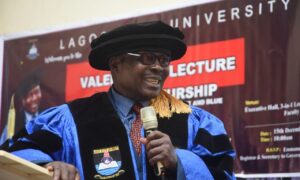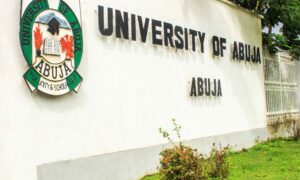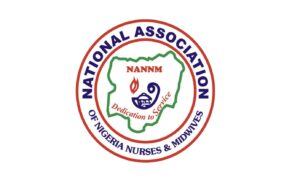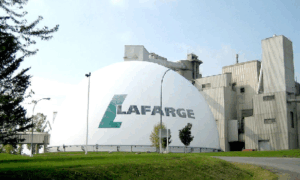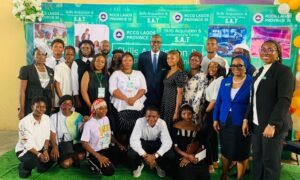The National Universities Commission (NUC) is gearing up to introduce 12 new academic programmes across Nigerian universities. This move is part of a broader plan to address gaps in the current university curriculum and align education with global trends and emerging fields.
The proposed programmes include:
-
Artificial Intelligence
-
Classical Christian Education
-
Community Health Science
-
Cooperative Economics and Management Studies
-
Doctor of Medical Laboratory Science
-
Geomatics Engineering
-
Intelligence and Security Studies
-
Parasitology and Entomology
-
Sports Management
-
Telecommunication Science
-
Water Sanitation and Hygiene
-
Islamic Economics and Finance
These courses were carefully selected following an extensive review exercise involving a 12-member panel set up by the NUC. The panel was tasked with evaluating suggestions received from universities and professional bodies during a two-year curriculum review.
Abdullahi Ribadu, Executive Secretary of the NUC, reminded the panel of the commission’s statutory powers:
“The commission has the powers to lay down minimum standards for all universities and other degree-awarding institutions in the country as well as the accreditation of their degrees and other academic awards.”
He explained that the commission’s mandate is backed by Section 10 (1) of the Education (National Minimum Standards and Establishment of Institutions) Act, Cap. E3, Laws of the Federation, 2004.
Ribadu said the drive for a new curriculum stems from increasing demand for relevant, modern academic content that can prepare students for a fast-changing world.
“The landscape of education and knowledge is rapidly evolving, demanding a curriculum that not only imparts knowledge but also cultivates critical thinking, adaptability, and innovation,” he said.
“This requires that Nigerian students are equipped with 21st-century skills, employability skills and self-reliance needed to thrive in a dynamic world.”
He encouraged the reviewers to apply their deep expertise and practical insights to create a curriculum that reflects both local needs and international standards. The goal, he stressed, is not just to add new courses but to ensure these programmes are viable, marketable, and impactful.
In closing, Ribadu acknowledged the contributions of the panel members:
“The commission acknowledges and appreciates your efforts, sacrifices and services over the years, especially when called on national assignment of this nature,” he said.
“We urge you to continue doing your best. The commission will never take such commitment for granted.”
The Students Forum Nigeria serves as the ultimate hub for Nigerian students, fostering academic growth, social engagement, and knowledge sharing.



